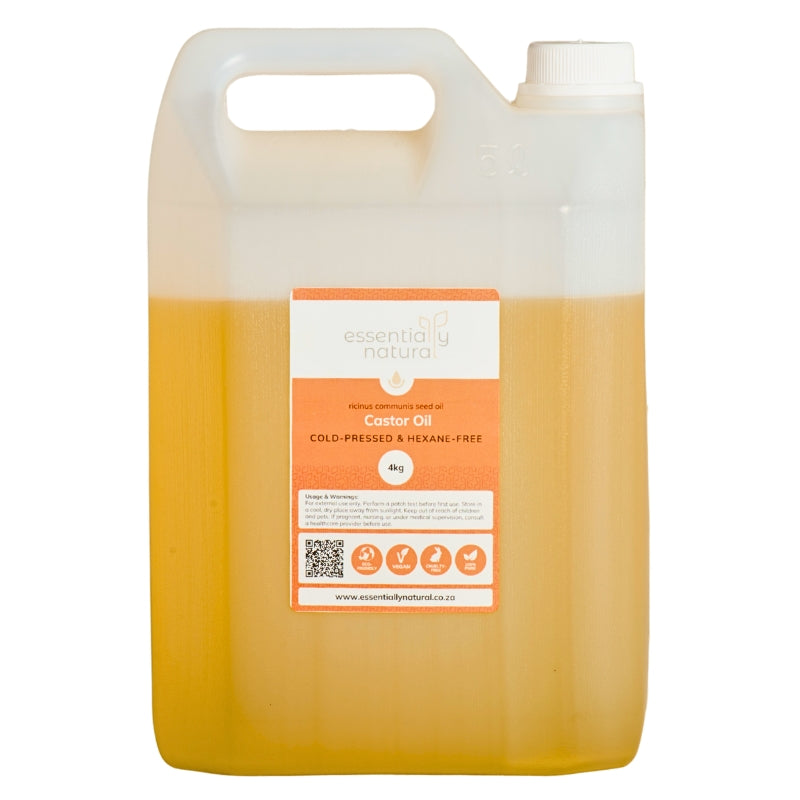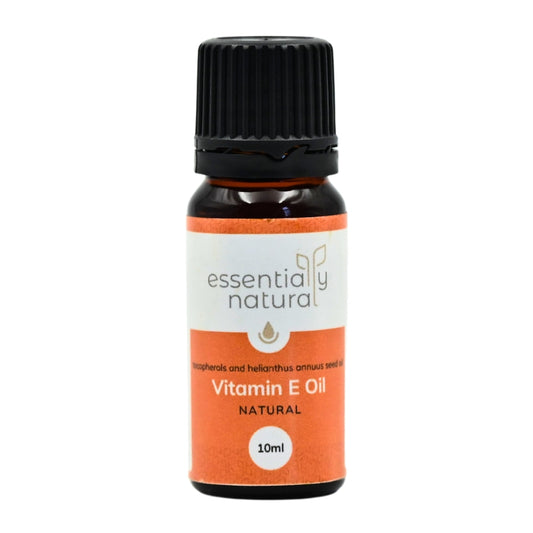
Oilology: Castor Oil
Vicki BerryCastor oil, derived from the seeds of the Ricinus communis plant, is rich in fatty acids, particularly ricinoleic acid, boasting moisturising, nourishing, and healing properties that make it a beloved ingredient in skincare formulations. Its ability to deeply penetrate the skin makes it an effective emollient, leaving the skin soft, supple, and hydrated.
Castor oil has secured its position as a global best-seller in the beauty and personal care industry due to its versatile nature, moisturising capabilities, natural origin, effectiveness, and affordability. Its multifaceted benefits make it a sought-after ingredient for various formulations.
With increasing awareness of the potential harmful effects of synthetic chemicals and additives in beauty and personal care products, there is a growing demand for natural and plant-based ingredients. Consumers are actively seeking products with minimal processing and natural ingredients, driving the demand for pure oils in the global market.
As explored in the articles, What's All the Fuss About Castor Oil? and Unlocking the Secrets of Castor Oil for Hair Growth, the use of castor oil in beauty and wellness routines has gained widespread popularity. These articles delve into the numerous benefits and applications of castor oil.
However, when it comes to formulating with castor oil, there are both advantages and disadvantages to consider, depending on the specific characteristics and requirements of the product being developed. Here are some tips and a breakdown of the pros and cons.
Why use castor oil in your skincare formulations?:
Castor Oil in Emulsions
Castor oil can be used as an emollient in emulsions such as creams, lotions, and serums. Its thick consistency helps to stabilise emulsions and create a smooth, luxurious texture.
Castor Oil in Balms and Salves
Due to its emollient and healing properties, castor oil is an excellent choice for balms and salves designed to soothe and nourish dry, cracked skin. It forms a protective barrier on the skin, preventing moisture loss and promoting healing.
Castor Oil as a Cleansing Oils
Castor oil's ability to dissolve dirt, oil, and impurities makes it a popular choice for oil cleansers. When mixed with lighter oils such as jojoba or grapeseed oil, castor oil helps to deeply cleanse the skin without stripping away its natural oils.
Castor Oil in Haircare
Castor oil is not just for the skin - it's also a fantastic ingredient for haircare products. Its moisturising and conditioning properties help to nourish the hair and scalp, promoting healthy hair growth and preventing breakage.
So, the pros and cons:
Pros:
- Super Moisturiser: Castor oil is rich in fatty acids, particularly ricinoleic acid, which provides excellent moisturisation to the skin. It helps to hydrate and nourish dry and damaged skin, making it suitable for use in skincare products such as creams, lotions, and balms.
- Silky Smooth: Castor oil has emollient properties, which help to soften and smooth the skin's surface, improving its texture. It also acts as a lubricant, enhancing the spreadability of formulations and providing a silky feel upon application.
- Thickening Champ: Castor oil has a thick and viscous consistency, making it suitable for use as a thickening agent in cosmetic formulations. It can help to increase the viscosity of creams, lotions, and other skincare products, improving their texture and stability.
- Fight Against Microbes: Castor oil exhibits antimicrobial properties, which help to inhibit the growth of bacteria and fungi on the skin. This makes it useful in formulations intended for the treatment of skin infections or conditions such as acne or dandruff.
- Hair Hero: Castor oil is believed to promote hair growth and improve the overall health of the hair and scalp. It helps to moisturise the hair, reduce dandruff, and strengthen the hair shaft, making it a popular ingredient in hair care products such as shampoos, conditioners, and hair oils.
Cons:
- Stickiness Alert: One of the drawbacks of castor oil is its sticky texture, which may be undesirable in certain formulations, especially those intended for use on the face or body where a non-greasy feel is preferred.
- Potential Allergies: While castor oil is generally considered safe for use in cosmetic formulations, some individuals may be allergic or sensitive to it. It is important to perform patch tests and consult with a dermatologist before using products any new products, especially if you have sensitive skin or allergies.
- Irritation Risk: In rare cases, castor oil may cause skin irritation or allergic reactions, particularly if used in high concentrations or on broken or irritated skin. It is essential to use castor oil in moderation and discontinue use if any adverse reactions occur.
- Shelf Life: Castor oil has a relatively short shelf life compared to other carrier oils, as it is prone to oxidation and rancidity. It is important to store products containing castor oil in a cool, dark place and use them within their recommended shelf life to ensure efficacy and safety.



























